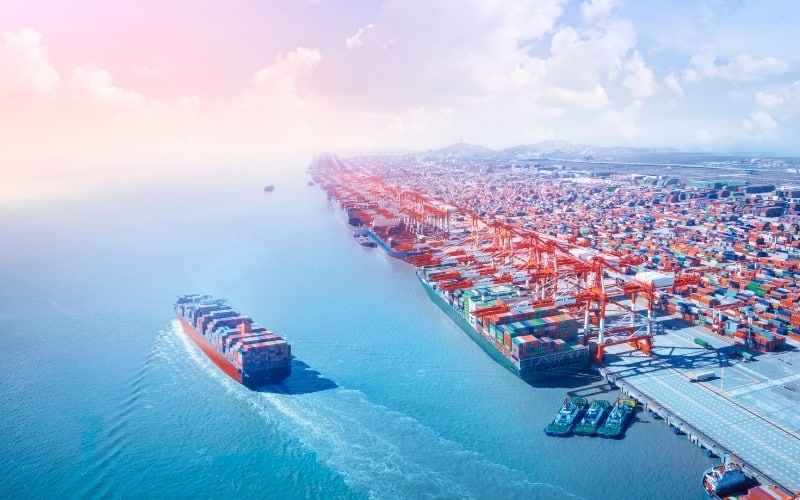COVID-19 has disrupted the world for almost two years, bringing the healthcare industry to its knee, and many economies stumbling as they attempt to patch the issues up as they occur. Inflation is one of the significant impacts that COVID-19 has caused with the global economy recovery being almost snail like. One of the key takeaways is that the delays and lack of workfree have cause prices to increase due to rising shipping and port changes, which has been added to the bottom line to ensure that industries, be it agriculture, manufacturing, fulfilment and more can continue. This is especially true in terms of consumer goods that have been hiked such as non-essential goods, and also items such as electronic equipment due to the lack of parts /components to complete their orders. Some industries have opted to air freight instead of sea freight which in turn raises prices which can is often passed onto the consumer rather than absorbed by the manufacturers/sellers.
Based on a study by McKinsey, attempts were made to identify the impacts of COVID-19 and how the impact was being felt by different geographical areas and countries. One of the insights that was gathered is the consumer behavior and attitude. Out of the 45 countries, there were 13 core countries identified. There following themes were found to resonate amongst many countries with consumer behaviour and spending. With caution placed on inflation as a ultimate impact of COVID-19 with rising shipping caused by port charges and delays, the following insights will help global trade adapt to mitigate further impacts and understand the shifts trading needs to take.
Essential over Luxury Consumer Behaviour
Many are changing their mindsets with concern to consumer behaviour, with more investments and consumer spending being on essentials, due to the scarcity in certain countries due to logistics issues when importing, rising shipping and port charges.
Value over Brand Loyalty
With the economy uncertain and inflation on the horizon, due to various issues in global trade and supply chain caused by rising shipping and port charges, and more, consumers are shifting their brand loyalty to availability and value.
Home Economies
The delays clearing items through customs due to workforce shortages, and rising shipping and port charges have caused many to look at goods within the home economy, buying local goods or alternatives due to easy access.

